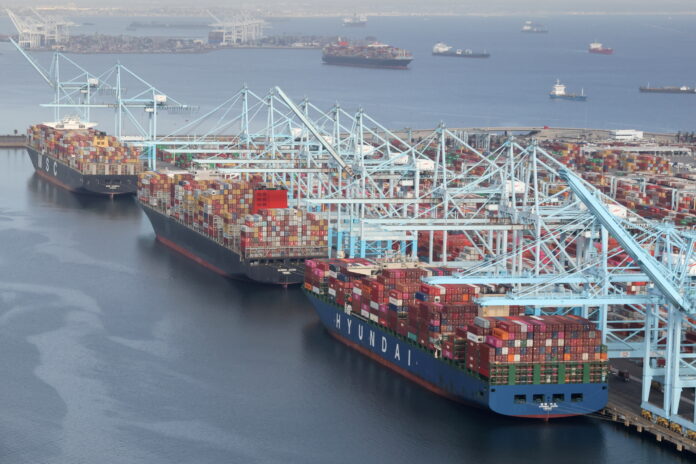The Ministry of Maritime Affairs has prepared a draft of the Pakistan Shipping Policy 2024, aimed at bolstering the maritime sector by providing financial security to registered shipowners and incentivizing investments.
This policy is set to replace the Pakistan Merchant Marine Policy 2001 as well as its 2019 amended version.
The ministry convened a stakeholder workshop to deliberate on the proposed new shipping policy. The participants included the Maritime Affairs Secretary Syed Zafar Ali Shah, chairpersons of port authorities, senior officials from the maritime affairs ministry, and representatives from the private sector.
The new shipping policy legislation enables ship owners to furnish adequate bonds if their registered vessels are detained or seized within Pakistan’s territorial jurisdiction. These bonds must be provided within 24 hours of the seizure.
The Maritime Affairs Secretary informed workshop participants that the Shipping Policy 2024 aligns with International Maritime Organisation standards and regulations.
It was noted that the government should ensure that if the case is settled, the bail bonds are returned within one month.
In this regard, a help desk should also be established within the Ministry of Maritime Affairs, and special courts related to maritime affairs should also be set up having powers equal to high courts.
The draft policy proposes that newly registered Pakistani shipping companies pay $0.75 per gross registered tonnage for five years, compared to the current $1 paid by the Pakistan National Shipping Corporation. This $0.25 rebate aims to encourage domestic and national investors to engage with the maritime industry.
Furthermore, the draft proposed that registered Pakistani shipping companies would be allowed to seek financing from foreign financial institutions and banks.
Workshop participants also proposed granting a 10-year tax exemption to new foreign shipping companies and called for state authorities to assist Pakistani shipping companies in opening foreign currency accounts.




